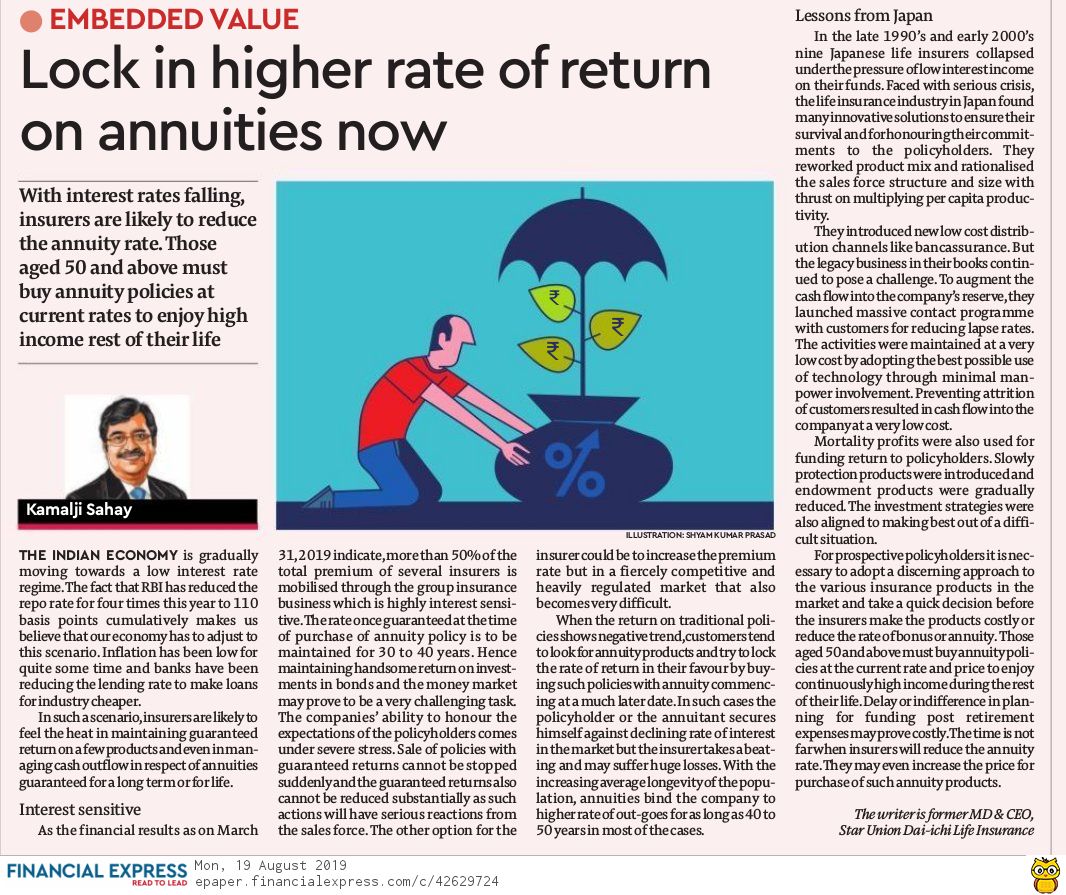This site is the responsibility of www.tavifintech.com
We want you to
- Feel comfortable using our web sites
- Feel secure submitting information to us
- Contact us with your questions or concerns about privacy on this site
- Know that by using our site you are consenting to the collection of certain data
What Information is, or may be, collected from you?
We will collect certain anonymous information in standard usage logs through our Web server, including: computer-identification information obtained from "cookies," sent to your browser from a
- Web server and stored on your hard drive
- An IP address, assigned to the computer which you use
- The domain server through which you access our service
- The type of computer you're using
- The type of web browser you're using
We may collect the following personally identifiable information about you:
- Name
- Email address
- ZIP/Postal code
- Demographic profile (like your age, gender,occupation and education);
- Financial information (like annual income or insurance policy number); and
- Opinions of features on our websites.
Who collects the information?
We will collect anonymous traffic information from you when you visit our site
We will collect personally identifiable information about you only as part of a voluntary registration process.
Our advertisers may collect anonymous traffic information from their own assigned cookies to your browser
The Site contains links to other Web sites. We are not responsible for the privacy practices of such Web sites
We offer a collection of online services which are available to you. Please understand that any information that is disclosed in these areas becomes public information. We have no control over its use and you should exercise caution when disclosing your personal information to anyone.
How's the information used?
We use personal information to:
- Help us provide personalized features
- Tailor our sites to your interest
- Get in touch with you when necessary
We use contact information internally to:
- Direct our efforts for product improvement
- Contact you as a survey respondent
- Notify you if you win any contest; and
- Send you promotional materials
Generally, we use anonymous traffic information to:
- Remind us of who you are in order to deliver to you a better and more personalized service from both an advertising and an editorial perspective
- Recognize your access privileges to our Web sites
- Make sure that you don't see the same ad repeatedly
- Help diagnose problems with our server
- Administer our Web sites
- Track your session so that we can understand better how people use our sites
With whom will your information be shared?
We will not disclose any of your personally identifiable information to third parties unless:
- We have your permission
- Special circumstances such as compliance with legal authorities
- Require disclosure
We will not use your financial information for any purpose other than to provide services to you.
What choices are available to you regarding collection, use and distribution of your information?
Supplying personally identifiable information is entirely voluntary. You are not required to register with us in order to use our site. However, we offer some services only to visitors who do register.
Upon request, we will remove your personally identifiable information from our database, thereby canceling your registration.
If we plan to use your personally identifiable information for any commercial purposes, we will notify you at the time we collect that information and allow you to opt-out of having your information used for those purposes.
All sites that are customizable require that you accept cookies. You also must accept cookies to register as someone for access to some of our services. e.g Online Portfolio. For information on how to set your browser to alert you to cookies, or to reject cookies, go to http://www.cookiecentral.com/faq/.
What security procedures are in place to protect information from loss, misuse or alteration?
To protect against the loss, misuse and alteration of the information under our control, we have in place appropriate physical, electronic and managerial procedures. For example, our servers are accessible only to authorized personnel.
Although we will endeavor to safeguard the confidentiality of your personally identifiable information, transmissions made by means of the Internet cannot be made absolutely secure. By using this site, you agree that we will have no liability for disclosure of your information due to errors in transmission or unauthorized acts of third parties.
Policy Updates
We reserve the right to change or update these policies at any time upon reasonable notice, effective immediately upon posting to this site.


